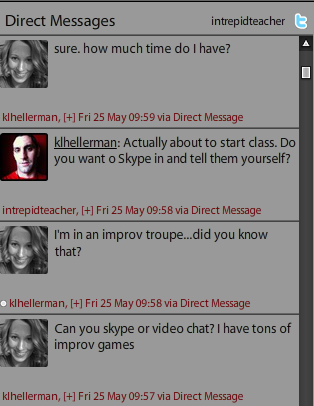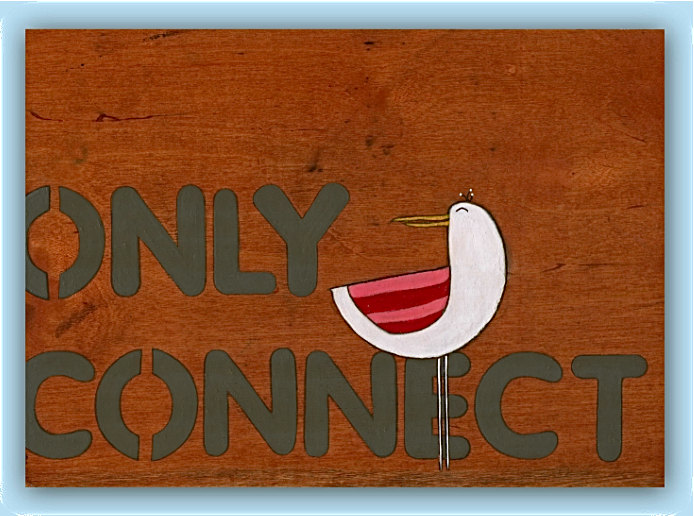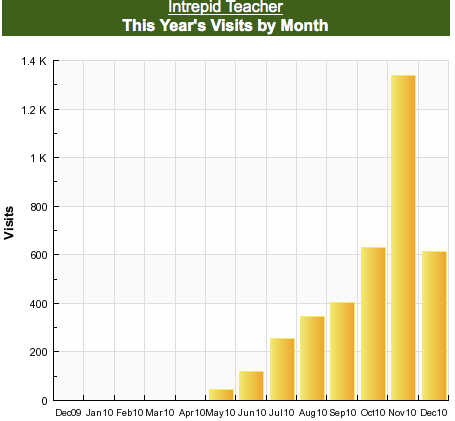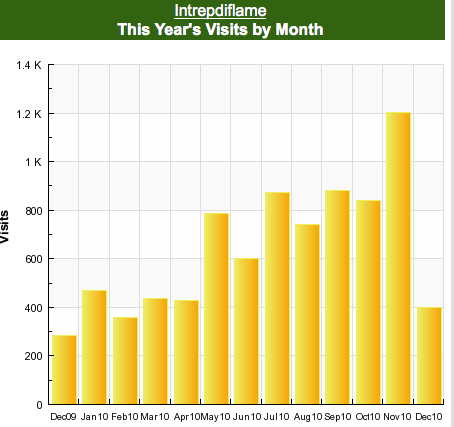I just had one of those lessons. You know the kind– the ones that leave you buzzing, because it was all so organic, authentic, and the kids leave giving you hi-fives. The best part about it, was that it was a last minute audible. Let me give you some context before I continue:
I am all but done for this term. I have enough scores and assessments to determine student grades; I have written my comments and all the bureaucracy of learning has been dutifully accomplished. I have, however, challenged my students to do one last unit–one that will not be assessed, graded, marked, evaluated…whatever you want to call it. It won’t count. There is no test. We are doing cuz it is fun, we are learners and that is what we do.
Surprisingly, or maybe not, the kids are on board. They are working just as hard and we are having some very low-pressure fun at the end of the year.
- Grade 10’s are watching and reading Romeo & Juliet and planning a 10 minute live action highlight role-play of the play.
- Grade 7’s read Freak the Mighty and are creating an anti-bullying campaign. Short slips, posters etc…
- Grade 6’s are preparing short role-plays about life in middle school to prepare the 5th graders.
This post is about the grade 6 class. They have been working in groups to find out what the grade 5’s want to know We have an open Google Doc where the grade 5’s have asked questions and the grade 6’s have collaboratively answered them. We had a day where they met and chatted about their ideas, my kids took notes and began planning their skits.
These are Language B students, so we have some shy low-level English speakers. Last week, I noticed that they are getting bogged down in script writing and planning. I want them to focus more on different ways they can convey ideas and information through drama and movement. I started experimenting with some improv activities, that to be honest were uninspired and fell flat. I was going to google more improv activities, when I thought I would ask Twitter first. Here is where the magic usually begins…
Katie Hellerman sent me a DM:
Which as you will see led to her teaching an improv lesson to my class from Chicago at 10:00pm her time. We quickly cleared the classroom, I explained to my students what was happening, they took it in stride. We chatted a bit with Katie and she took over. I stood back and let someone who knows more about acting take over and deliver my content. At first the kids were shy and awkward, but after a warm up and a few activities, they were loving it.
One activity Katie had them do, was exactly what I was looking for, when I first thought to Google this idea. She asked for a group of four volunteers and had them do a quick impov in one minute. She told them to focus on movement and to react to their fellow actors. Then, they were asked to do the same exact skit in 30secs, then 15 secs, then 7. It was perfect, because it showed the kids that too much time is ripe for awkward silences, while going too fast causes chaos and silliness. A few groups nailed some great improv skits at around 30 seconds. We will definitely use this activity again as we prepare our role-plays.
Take a look at some quick clips I captured while Katie worked with the kids:
So how does this happen? Many teachers new to networked learning will either think that things like this lesson are impossible or super simple. The truth is somewhere in the middle. It takes years of working within a network environment to find people you trust. I have know Katie for sometime now. We share photos on Instagram, follow each other on Twitter and read each other’s blogs. I know through our personal interactions that she is a kindred spirit, a silly and goofy middle school teacher, who would be great in my classroom. When she tells me she does Improv, I am not surprised, but I know that I can count on her to Skype into my class at 10:00 pm and do a great job. These relationships are what Twitter is about. This trust is why the line between personal and professional is always blurring.
I have Skyped into countless classrooms, sharing my expertise on various topics in the same way. We are moving beyond networks of shared information and data and building communities of trust and sharing. It this is world of open possibilities to which I want to expose my students. Earlier this year when we were studying Afghanistan, my students Skyped with the Afghani blogger, Nassim Fekrat, who I met through a mutual friend on Twitter. I want my students to see that the Internet is not about pure data. It is interactive and through responsible use a wonderful tool for learning–from people, not just websites. . I want them to see that there are people out there who can help them when called upon. We must model this behavior and show them that it is common to interact with people when we need help.
One more quick example, by now most of us have seen Caine’s Arcade. I am so excited that on Monday, we will have the creator of the film, Nirvan, Skyping into my grade 7 class to talk about film making. This group of 7th grades are the same kids who made these amazing films, and wrote poems based on Caine’s Arcade. We hope to speak with Nirvan about telling stories and how to gain leverage through the web to share our work. We hope to get some advice for our Anti-bullying videos. How did this interview come about? I Tweeted Nirvan and asked. He put me in touch with his office, and after weeks of negotiating time (he has been swamped) we agreed on Monday.
For teachers getting started, who ask how do I do something like this? Or for people asking where the tech is in all this? The answer is I don’t know. We create online spaces. We build online identities. We create content. We build communities. We make friends. We share. We are open. We reach out. We trust. We experiment. We are not afraid to fail.






 image by
image by  image by
image by